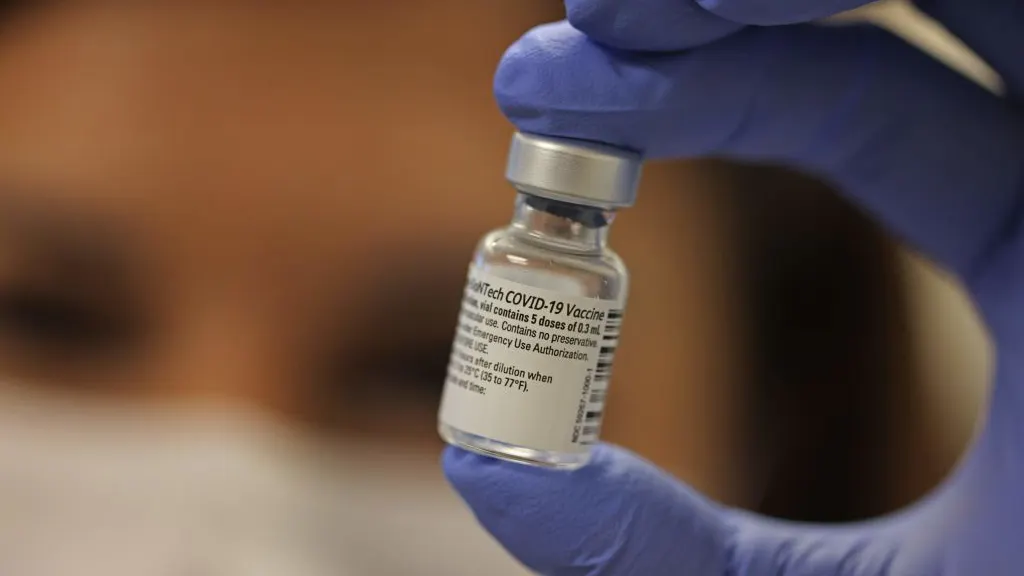On Tuesday, White House Press Secretary Jen Psaki told reporters that the vaccine supply to states would escalate to 13.5 million doses per week, a 57% increase since Biden was inaugurated.
During a call with governors on Tuesday, Biden’s coronavirus coordinator Jeff Zients told the state leaders about the increase, which is more than the 11 million that’s reportedly currently being shipped.
When President Joe Biden took office in January, he pledged that his administration would oversee 100 million vaccine shots in his first 100 days. Over the past month, this vaccination goal has steadily grown.
On January 25, shortly after he took office, Biden said, “That is my promise, that we would get 100 million vaccinations…I think with the grace of God and the good will of the neighbor and the crick not rising, as the old saying goes, I think we may be able to get that to 1.5 million a day, rather than 1 million a day, but we have to meet that goal of a million a day.”
Some public health experts originally pointed out that Biden’s pledge of 100 million shots of vaccine in his first 100 days was too small.
As reported by CNBC in January, when Biden became president, “the U.S. was already well on its way to achieving the necessary pace of 1 million shots per day. As of [January 24], the U.S. topped a seven-day average of 1.1 million vaccinations per day, according to data compiled by the Centers for Disease Control and Prevention.”
According to NPR, as of Tuesday morning, “nearly 12% of the U.S. population had received the first dose of the vaccine but only 4% percent have been inoculated with both shots.”
Psaki also announced Tuesday that the administration will be expanding a program that ships vaccines directly to pharmacies, sending 2 million doses this week. The program will eventually spread to 40,000 pharmacies across the nation.
“This program will expand access in neighborhoods across the country so that people can call and make an appointment and get their shot conveniently and quickly,” Psaki said Tuesday. “This is a critical, critical part of our plan.”
The expansions come after a bi-partisan collection of governors sent a letter to President Biden on Monday.
The letter detailed two main “issues of concern.” The first surrounded the problem of information. The governors pointed out that reporting by the CDC has created confusion among some citizens of their states. They noted that the federal programs are separate from the state programs and should be reported accordingly:
“We believe it is important that the CDC in its reporting distinguish between these separate efforts to avoid confusion and provide a clear understanding to the American people.”
Secondly, the governors stated that the “federal decisions to use pharmacies and [Federally Qualified Health Centers] should be coordinated with state governments.” They added that if the federal government works separately from the states in their distribution efforts, “redundancy and inefficiency may very well follow.”
The letter seemed to address the Biden administration’s approach of focusing more on the federal government’s response to Covid rather than utilizing a state-centered strategy.
The governors wrote, “We are the front line in the battle against COVID-19 and we will only succeed if we work together.”
The letter was signed by Governor Andrew Cuomo of New York (D), Governor Asa Hutchinson of Arkansas (R), Governor Charlie Baker of Massachusetts (R), Governor Larry Hogan of Maryland (R), Governor Kay Ivey of Alabama (R), Governor Doug Ducey of Arizona (R), Governor Michelle Lujan Grisham of New Mexico (D), Governor Jared Polis of Colorado (D), and Governor Gretchen Whitmer of Michigan (D).

.png)
.png)

